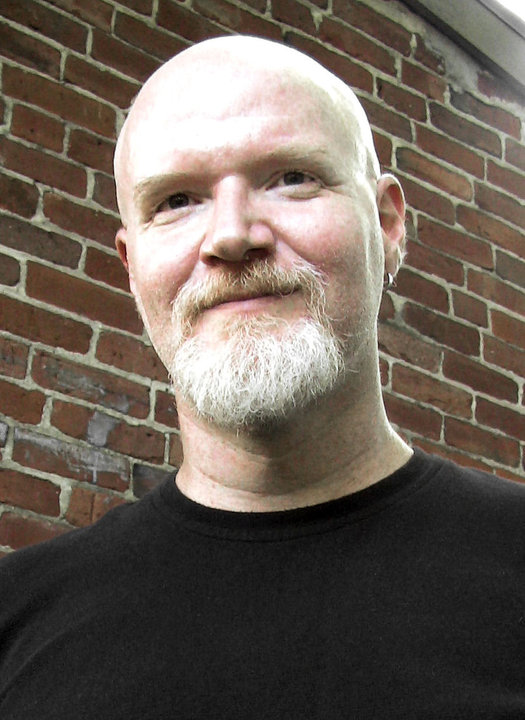"The youth market is beginning to fuel TV for the first time," says Janet Fine, who covers Middle Eastern television for Variety. Although shows like "Star Academy" and "Al Wadi" are dominant hits, the focus on youth doesn't always mean skin, secularism, and frivolty.
"Green Light," produced out of Dubai in 2005, challenged a team of four young people to perform sundry works of charity. "The Path of the Message," a 2006 production out of Cairo, sent a group of young participants on a global road trip with a "history of Islam" theme.
Superstar Islamic televangelist Amr Khaled scored a mega-hit with "Life Makers," which aimed to spark an Islamic revival among people of all ages, with a series of socially conscious projects such as urging viewers to launch a letter-writing campaign against smoking. Another of his initiatives aimed to persuade advertisers not to "use the woman's body to promote products."
But despite Khaled's best efforts, sex continues to sell -- even during the holy month of Ramadan.
* * *
Reality is the flavor of the month, but you can see the really interesting changes in the tried and true format of the soap opera. The biggest and most daring soaps air during Ramadan, the center of the TV universe. After the traditional fast-breaking dinner each night at sunset, televisions all over the Middle East click to life.
"Whether you're fasting or not fasting, it's the time, it's the sweeps week, and that's when the best television is on," says Marlin Dick, a former editor at the Daily Star newspaper in Beirut, who now writes about television for a journal published by the Adham Center for Electronic Journalism at The American University in Cairo.
The highest-profile Ramadan programs are presented in a serial format known as the musalsal. Most musalsalat are soap operas, typically telling a single, complete story in half-hour installments over 15 to 30 nights.
Click here for a clip from a musalsal.
Musalsalat can be ponderous historical epics, political allegories, comedies, conspiracy thrillers, or melodramatic tales of love, sin, and murder. The majority are simple entertainment, but in recent years, some of the most popular shows have begun tackling major issues of the day.
"There's a critical mass, like Hollywood," Dick says. "There are 10 percent that are pretty interesting, but the other 90 percent are just commercial and entertainment and not that relevant."
However, that 10 percent counts. Socially relevant dramas, covering everything from terrorism to corruption to crime, did extremely well in the 2006 Ramadan season, Fine says.
"You will probably see these social dramas more and more," she added. Some of the issues, including unwed mothers and homosexuality, are pushing hard against Islamic values, she says, although the "bad girl" usually meets with a bad end.
In the past, the state-owned media monopolies in the Middle East gave little leeway to writers and directors who wanted to challenge, or even closely examine, the status quo. That began to change in the 1980s, according to Dick, when Syria started allowing private production companies to film there.
Of course, Syria isn't exactly a poster child for civil rights and open society. The government censors the Internet and newspapers. Bloggers critical of the regime are occasionally hauled in for friendly chats with the secret police. Just a few years ago, a woman was jailed for forwarding a scatological e-mail about President Bashar al-Asad.
On the other hand, "It ain't North Korea, or Saddam-era Iraq," says Dick. The financial rewards have spurred a loosening of standards, he explains, but there are still "red lines" that producers dare not cross. For instance, it's fine to attack corrupt regimes all over the Middle East, but unwise to critique the government of Syria.
(Note: You can view every article as one long page if you sign up as an Advocate Member, or higher).





